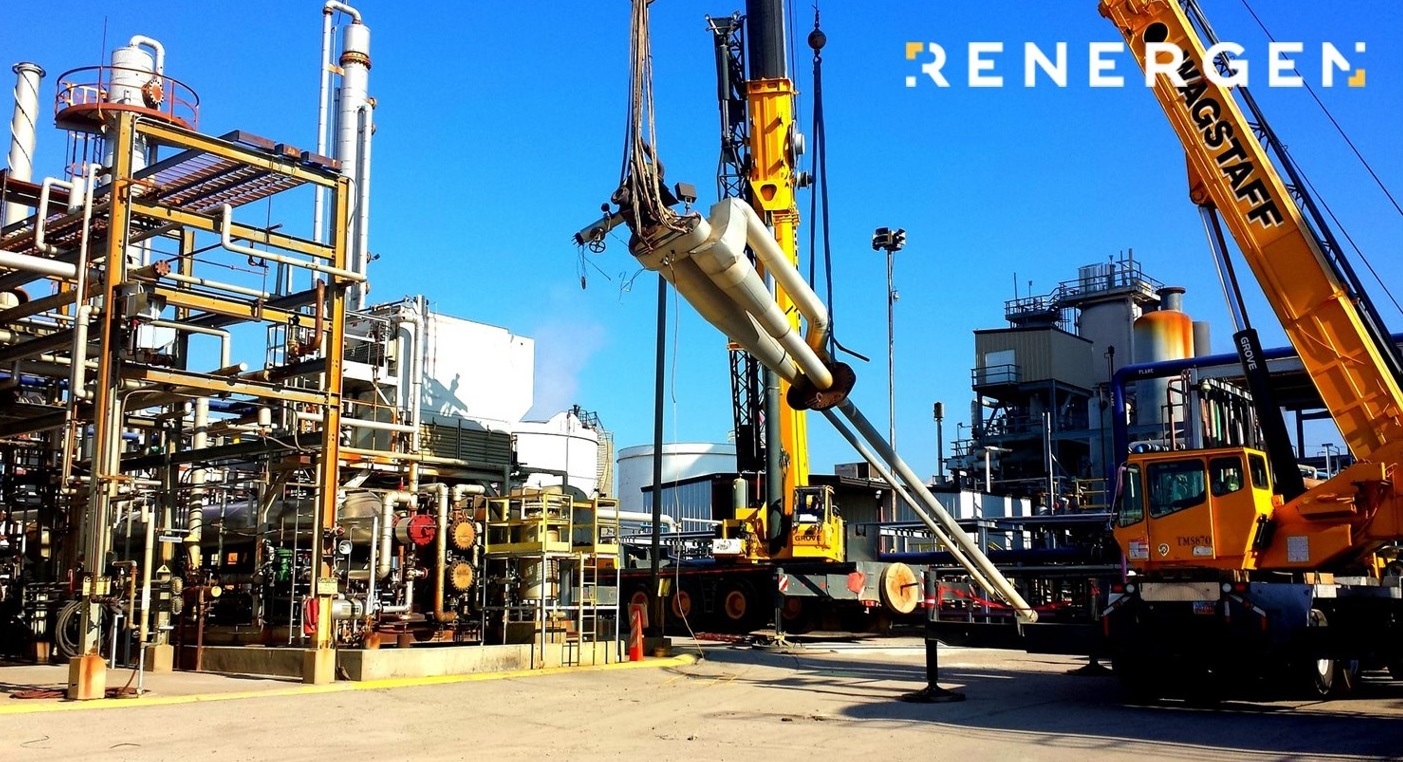
- Standard Bank aims to achieve net-zero emissions from its operations by 2040, according to its newly published climate policy.
- The group will increase its financing of renewable energy and has made explicit intentions not to finance new coal power plants.
- The group will mobilise between R250 billion and R300 billion for sustainable finance by the end of 2026.
The Standard Bank Group has committed not to finance new coal-fired power plants and intends to bolster its support of renewable energy projects across Africa.
The group on Wednesday released its climate policy. It sets out the group’s short-, medium-, and long-term targets – geared at reducing its carbon emissions and increasing its sustainable finance commitments.
The group aims to achieve net-zero carbon emissions from its operations by 2040 and that of its finance portfolio by 2050.
In a briefing with journalists, Group CEO Sim Tshabalala said the publishing of the climate strategy is a “very important occasion in the group’s history”. He highlighted that while Africa had not made a significant contribution to global warming, by some “cruel irony”, it is most vulnerable to the effects of climate change. Tshabalala said that the group is determined to “do what is right” for the continent.
Standard Bank aims to mobilise between R250 billion and R300 billion in sustainable finance by the end of 2025. Of this, R50 billion is targeted at renewable energy. An additional R15 billion will be underwritten for renewable energy by the end of 2024.
Kenny Fihla, chief executive of corporate and investment banking, explained the funding would be raised as capital from markets via the issuance of green bonds and deposits. “We will tap into all available sources, including our existing sources,” he said.
Tshabalala explained that sustainable finance would be mainstreamed – and included on Standard Bank’s balance sheet. “It’s normal day-to-day business for Standard Bank,” he added.
He added that limiting greenhouse gas emissions must be considered in the context of the continent’s just transition. There is an energy deficit across African economies – less than 50% of people in sub-Saharan Africa have access to grid electricity, he said.


Recent Comments